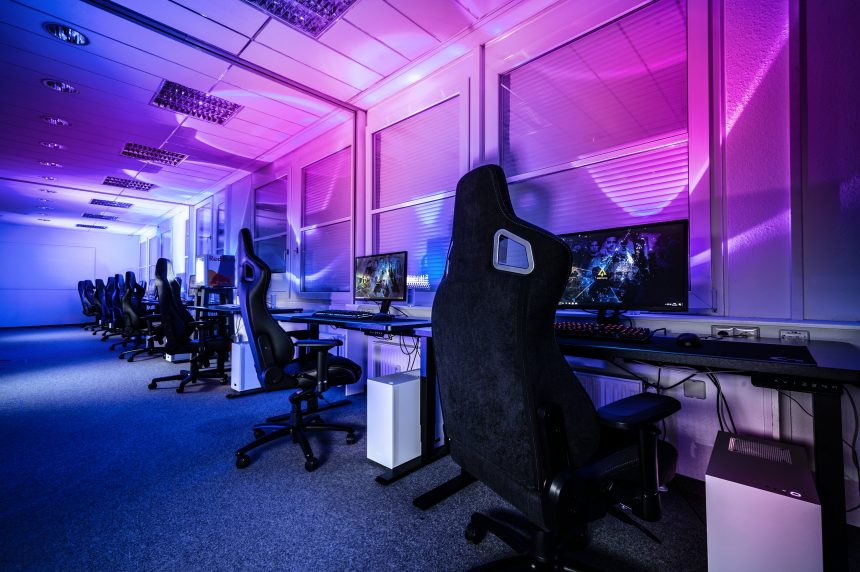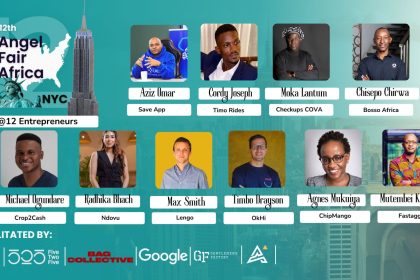E-sports and virtual gaming which used to be casually considered as a hobby among so many young people, has grown significantly over the years, going from a casual hobby to professional competitive sports featuring games like Counterstrike, PUBG (player unknown battleground) Super Smash and the likes facilitated by electronic systems and mediated by human-computer interfaces.

Despite the criticism surrounding the issue of online gaming and esports, which included addiction, low tolerance, and social disconnections, e-sports seems to have overshadowed these critics as young people now go as far as channeling this passion they have for gaming into a career option with revenue generated from tournaments through sponsorships, adverts, ticket and merchandise, and live streams. The Esports ecosystem is becoming more organized, structured, and increasingly complex. In addition to the players and game developers, there are also coaches, IT support, esports journalists, streaming providers, game analysts, and theorists.
Gaming In Africa Is Grew During COVID
From reports released by some mobile games publishing platforms, it was recorded that the total number of gamers in Sub-Saharan Africa grew from 77,000 to 186 million people between 2015 and 2021. This rapid inclination in the growth of e-sporting is a result of Digitalization as well as the 2020 Covid-19 pandemic.
During the pandemic after the implementation of strict nationwide lockdown in various countries in the world, where citizens were forcefully asked to stay home, there was a massive change in consumer behavior of gamers as most young people resorted to virtual gaming as the world’s population seek entertainment in all forms and method, while sporting companies resorted to e-sports, organizing and streaming tournaments online to generate revenue.
African eSports Gaming Is On The Rise
95% of gamers around the world use smartphones or tablets to play games as opposed to consoles and desktops in Africa. South Africa is leading the saturation of mobile gamers with a poll population of 24 million people playing within a population of 59 million (40%), and Ghana comes next with a report of 27% mobile players, 23% in Nigeria, 22% in Kenya and 13% in Ethiopia.
Stephen Ojo, an esports enthusiast, strategist, and founder of Fused Unisports pointed out in December 2020, that the South African esports athlete Yvng Savage made history by becoming the first player ever to be sponsored by Red Bull at the age of 18. He is rated the top FIFA player on PS4 and ranked 73rd in the world. He also further stated that tournaments like the ‘World Connected Series’ in Africa hosted in Lagos, is an inspiration to the new generation of gamers and gaming enthusiasts.

Nodwin Gaming, an Indian licensor and creator of esports properties, announced its expansion into South Africa in March 2020, The company has also invested in Nigeria and Kenya.

As a result of the rapid growth of gaming in South Africa, we can see that big brands are getting involved in gaming more than ever. On April 19, 2022, ABSA, one of the retail banks in South Africa also announced a partnership with Africa Cyber Gaming League (ACGL), Rush esports and rAge Expo called the ‘ABSA Gaming Festival’ which is set to raise the bar for gamers with many tournaments to compete in standing a chance to win attractive cash prizes. It is the first time a retail bank has entered the world of gaming with many mainstream sports sponsorships totaling millions.
Africa has been underestimated by the international gaming and investment community given its reputation as a market that is hard to penetrate because of its fragmented digital payments and distribution ecosystem. Nevertheless, with a population of 1.3 billion, Africa is likely to become one of the most promising gaming markets globally.










